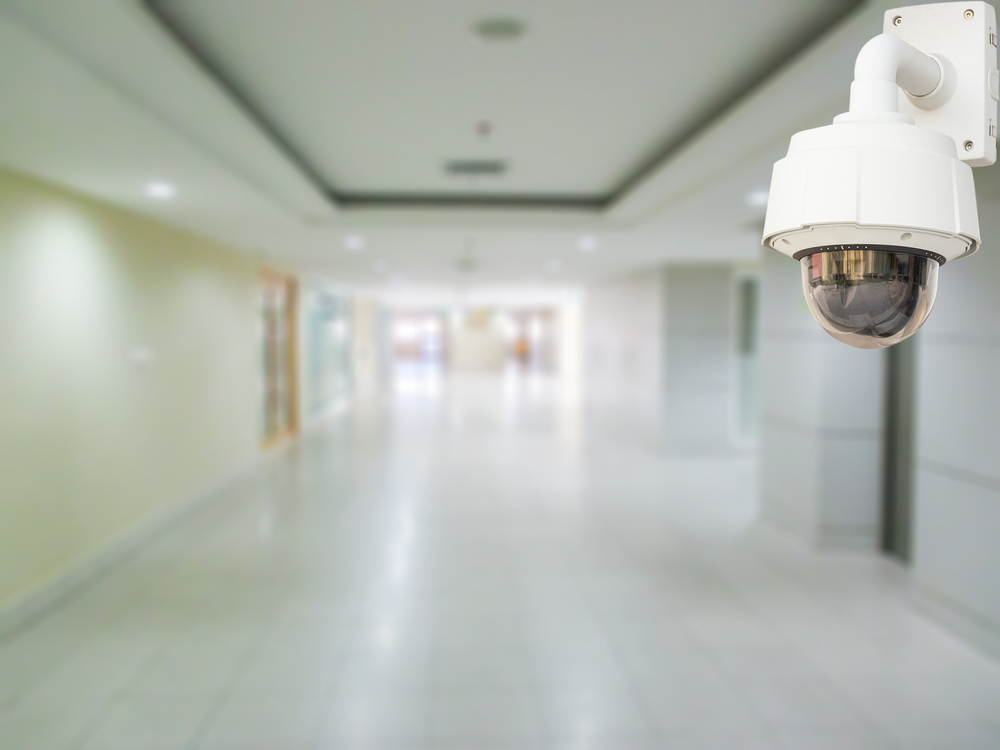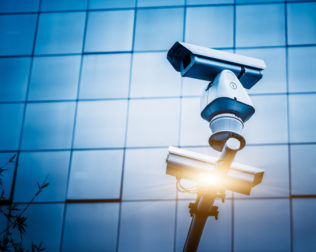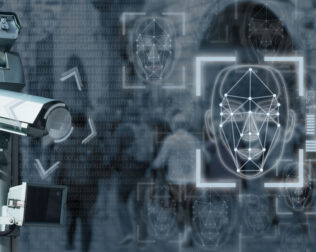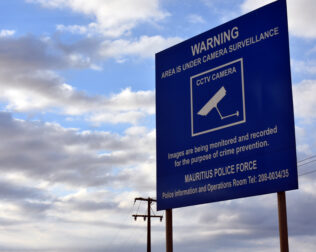By Rachelle Faust
COVID-19 has spread indiscriminately across the globe, infecting millions and bringing industries to a grinding halt. Faced with an unprecedented global health crisis, national and local governments have scrambled to identify effective strategies for understanding, tracking, and limiting the spread of the coronavirus. Digital technologies and surveillance tools have been widely adopted in contact tracing efforts as countries have pivoted toward a data-driven response to the pandemic. Though such tools can aid authorities in isolating suspected cases of exposure, their rapid adoption may also present illiberal political leaders with an opportunity to take advantage of public support for measures intended to slow the spread of the disease. Without adequate transparency, privacy safeguards, and oversight mechanisms, these public health surveillance technologies may be implemented at the expense of human rights and individual freedoms.
Digital technologies and surveillance tools have been widely adopted in contact tracing efforts as countries have pivoted toward a data-driven response to the pandemic.
Authoritarian governments—particularly those already invested in the development of data collection and surveillance technologies for social control—are quickly adapting such tools for monitoring public health, and the digital privacy concerns they present may be lasting. In response to the outbreak, government officials in China turned to the country’s sophisticated and far-reaching surveillance network to limit the spread of the virus by drawing on location data, using smartphone software to enforce quarantines, and deploying drones to monitor the public’s movements. Even as the country’s outbreak is brought under control, Chinese officials are loading public health apps that collect personal data with new features designed for use after the crisis, such as providing coupons to local stores or allowing users to schedule a hospital appointment. In Moscow, the use of 178,000 facial recognition cameras to enforce quarantine orders has drawn criticism from human rights groups over the lack of regulations to guarantee that collected data will be deleted. In Iran, the Ministry of Health sent a text message directly to mobile phones across the country recommending that citizens download a diagnostic app that collects intimate personal data from the users’ device and tracks their locations in real time, in many cases without the user’s consent.
The misuse of COVID-19-related data has not been limited to authoritarian settings. South Korea’s comprehensive contact tracing scheme—praised by global health experts for effectively limiting the spread of COVID-19—has also received criticism from human rights activists over the release of personal identifying information via text message alerts. India has similarly made public the personal details of citizens under quarantine, and developed an app that uses facial recognition and geo-fencing technology to track known cases of COVID-19. Israel has repurposed previously undisclosed cellphone metadata intended for counterterrorism purposes to identify and track citizens who have been in contact with known COVID-19 patients, and is seeking to export its surveillance systems in the wake of the coronavirus.
Countries across Europe have begun to consider how to track and limit the spread of COVID-19 without causing lasting damage to privacy and data protection standards. Health officials in Italy, Germany, and Austria are soliciting data from mobile carriers to monitor citizens’ compliance with stay-at-home orders, while taking measures to ensure anonymization and aggregation of the data in accordance with EU privacy regulations. Finding the right balance has not been easy, but public debates represent an opportunity for greater transparency and accountability in how technological tools are designed. For example, in response to privacy concerns about a voluntary contact-tracing app built by the UK government, UK officials are reevaluating where to store data collected by the app. European democracies have taken an early lead in developing and debating strategies for data utilization that respects civil liberties and upholds existing privacy norms.
The role of technology and data in combating the coronavirus is not only a concern for national governments, as has been demonstrated by the independent efforts of local-level officials and private companies. Until a vaccine or effective treatment is identified and delivered, health experts, business leaders, and government officials at all levels will be confronted with the challenge of limiting the virus’ spread. Governments seeking to fill data gaps and better inform public health entities will continue to weigh public health against privacy, but a data-driven pandemic response need not disregard individual rights.
What must separate the pandemic response of liberal democracies from those of authoritarian regimes is a measured approach…that balances the need to address imminent health risks with a commitment to transparency and accountability.
In this crucial moment, sacrificing democracy and human rights for unrestricted surveillance in the name of public health may open a path for illiberal actors to succeed not only in expanding their domestic monitoring capabilities, but in shaping the international norms and standards governing the use of technology. What must separate the pandemic response of liberal democracies from those of authoritarian regimes is a measured approach to public health surveillance that balances the need to address imminent health risks with a commitment to transparency and accountability. The precedent set in this time of crisis will undoubtedly have implications for generations to come.
Rachelle Faust is an assistant program officer for the International Forum for Democratic Studies at the National Endowment for Democracy.
The views expressed in this post represent the opinions and analysis of the author and do not necessarily reflect those of the National Endowment for Democracy or its staff.
Image Credit: jtairat / Shutterstock.com







Comments
Covid-19と監視技術 – Democracy for the Future
June 3, 2020
[…] 原文を読む DATA VS. THE DISEASE? COVID-19 AND SURVEILLANCE TECHNOLOGIES (外部サイト) […]